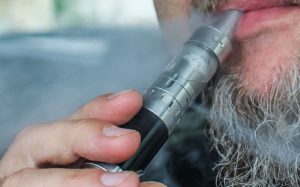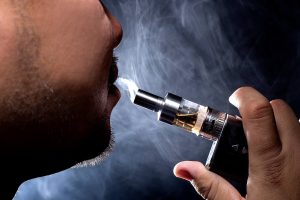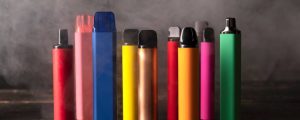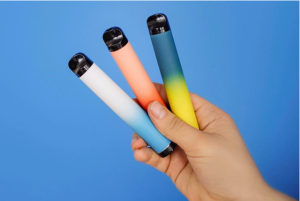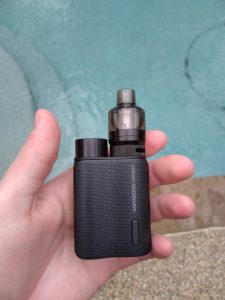Water-soluble ‘plastic’ may reduce ocean pollution
The innovation, jointly developed in China, could reduce the threat the material poses in seas across the world.
Chilean businessman Roberto Astete has had the same dream for several years: used plastic cutlery from a dinner party is automatically sorted and fed into small grinders, after which the debris is dissolved in water in just a few minutes before being flushed away.
“We wouldn’t need to collect, transport and dispose of plastic waste at special facilities anymore. It could be processed easily on-site to reduce ocean pollution,” he said.
Bags made from PVA, a water soluble film suppliers material, are displayed at a media briefing in Santiago, Chile, in July. CLAUDIO REYES/FOR CHINA DAILY
The Numbers Behind Plastic Water Bottles
Every plastic container or bottle has a recycling symbol, ranging from 1 to 7, within a triangle. You may think nothing of these symbols, but they can offer a great deal of information regarding the toxic chemicals used in the plastic, how bio-degradable the plastic is, how likely the plastic is to leach, and ultimately the safety of the plastic.
If you’ve been concerned, understanding the differences between types of plastic will help you make better decisions in choosing and recycling plastics. Here is some information on the various recycling symbols and numbers.
In late July, Astete’s company Solubag SpA and Polye Materials Co, in Guangdong province, jointly launched a series of soluble shopping bags in Santiago, capital of Chile, just before the Chilean government enacted a law that banned businesses from providing customers with free plastic bags.
It takes centuries for petrochemical plastic bags to degrade in the ocean-in the meantime they choke marine animals and harm the entire ecosystem.
The bag introduced by the two companies dissolves in water quickly, and Astete even drank the mixture during a press conference to endorse its safety.
According to Chen Gang, chairman of Polyrocks Chemical Co, Polye’s parent company, the bag is made from modified polyvinyl alcohol, aka PVA, which comes from natural gas or calcium carbide.
“PVA bags dissolve in water in minutes so they won’t choke marine animals. The solution will not pollute water or soil,” Chen said. “This alternative to plastic bags is eco-friendly.”
PVA has been used in paint, glue and textile manufacturing since the 1930s, and PVA film has also been widely used for packaging in recent years.
However, it was difficult and costly to process the material into shopping bags because of its lack of thermoplasticity (pliability when heated), said Cui Yuefei, the bag’s inventor and a senior engineer of Technology in Guangzhou, capital of Guangdong.
Cui spent years modifying PVA in laboratories and completed his experiments. By adding certain agents, he made it easier for the material to be pelleted, blow-molded and made into bags.

